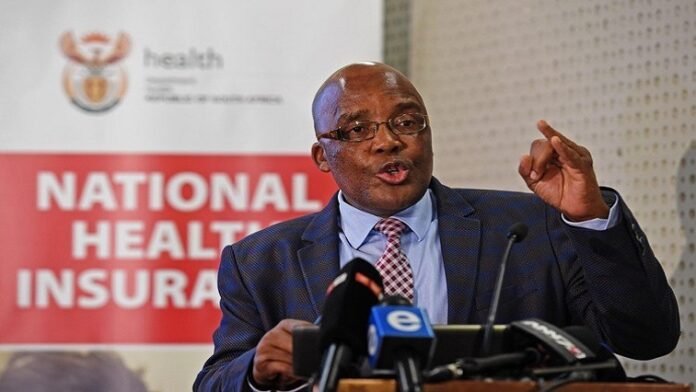During a recent mini plenary of the National Assembly, Health Minister Aaron Motsoaledi highlighted the substantial subsidies the government provides for private healthcare.
He emphasized that the National Health Insurance (NHI) fund aims to offer universal healthcare, especially to the underprivileged, despite facing litigation.
Motsoaledi revealed that the government spends approximately R70 billion annually to subsidize private healthcare for around 1.3 million public representatives and servants.
[ Analyzing The Legal Implications Of McKenzie’s Disclosure In Light Of POPI Act ]
This subsidy includes medical aid benefits for members of parliament, judges, and other officials. Additionally, tax rebates from SARS contribute another R30 billion, totalling R100 billion in subsidies, which primarily benefit the wealthy.
The Health Minister robustly defended the NHI fund, asserting that the current system disproportionately benefits the affluent while leaving the poor underserved.
He pointed out that when the allocated funds are exhausted, often by September or October, the wealthy return to the public healthcare system free of charge, whereas the poor remain disadvantaged.
Various political parties expressed their views on the health budget. ActionSA MP, Dr. Kgosi Letlape, suggested that all public servants should use public healthcare services.
Rise Mzansi called for mental healthcare services to be available at primary health facilities, and the Economic Freedom Fighters’ Suzan Thembekwayo criticized the current system, arguing that it has lost public trust.
Catch up with the latest news from The Times Post on WhatsApp by following our channel. Click here to join.
Kindly follow @thetimespost on Instagram. On X (Twitter), follow @thetimespost2.


